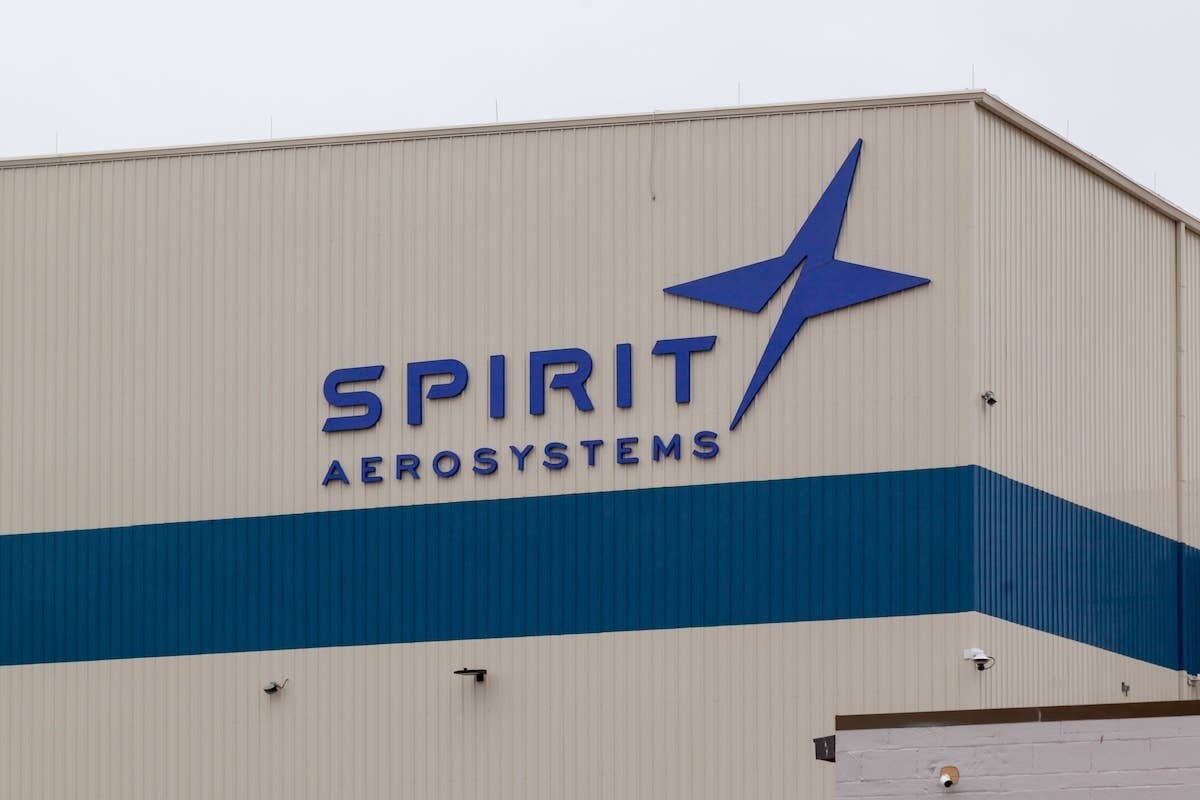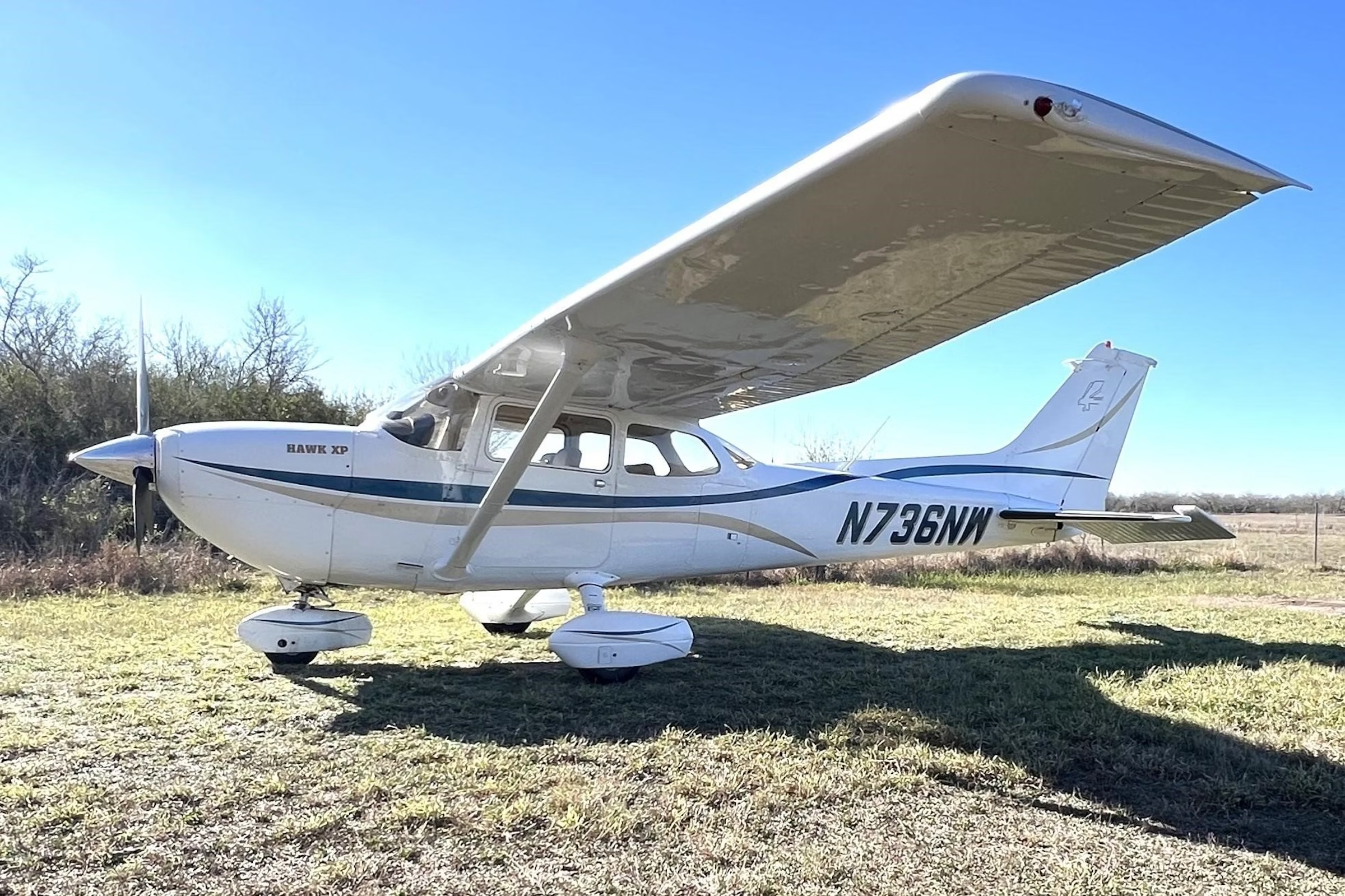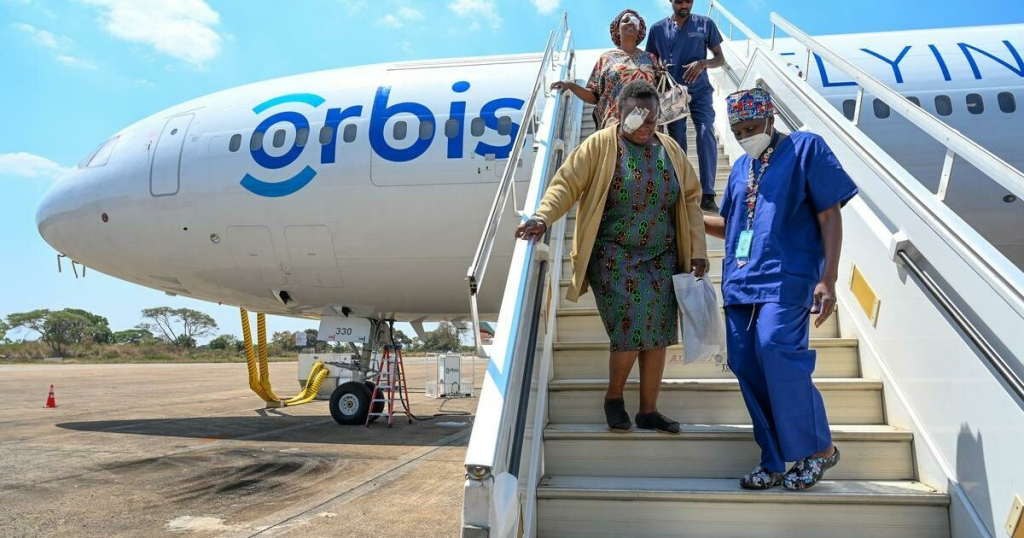
H.R 302 addresses the workforce shortage among many other priorities. Wikimedia Commons/Ryanx7
The U.S. House of Representatives yesterday passed a five-year reauthorization of the FAA, ending the streak of a half dozen short-term resolutions. The General Aviation Manufacturers Association says the new legislation advances key priorities for the general aviation manufacturing and maintenance industry. The bill – H. R. 302 – is should be headed to the Senate for final approval before being routed to the White House for the President's signature. Should the bill become law, it would authorize the FAA until the end of September 2023. GAMA says H.R. 302 includes numerous provisions to improve aviation safety, streamline regulatory burdens, strengthen job creation, encourage competitiveness and innovation, and stimulate exports.
Specifically, the bill requires the Secretary of Transportation to establish a Safety Oversight and Certification Advisory Committee to focus on certification and regulatory process reform, safety management systems, rulemaking improvements and enhancing global competitiveness. The legislation will also strengthen the effectiveness of the organizational designation authorization process and oversight to enhance the predictability and efficiency of the certification process for new products and technology.
Additional provisions include sending the FAA a clear message to improve safety cooperation with international partners, facilitate improvements and end delays in the validation and acceptance of aviation products, as well as requiring the agency to establish a comprehensive regulatory database and a Regulatory Communications Consistency Board to reduce regulatory inconsistency.
Other provisions ask the agency to establish a task force on Flight Standards reform to drive needed improvements in the FAA Flight Standards Office by looking at how the certification, operational evaluation and entry into service of newly manufactured aircraft can be improved. The agency will also be required to establish a comprehensive regulatory database and a Regulatory Communications Consistency Board to reduce regulatory inconsistency and asks the Government Accountability Office to review the FAA’s Part 23 rulemaking implementation to ensure the agency is working with industry to maximize the rulemaking’s effectiveness. The legislation mandates the FAA’s Oklahoma City Aircraft Registry Office remain open in the event of a government shutdown or emergency furlough.
Finally, H.R. 302 addresses the aviation workforce shortage by establishing a 'Youth Access to American Jobs in Aviation Task Force' and a 'Women in Aviation Advisory Board' while directing the GAO to study the current and future supply of aviation and aerospace workforce and establish a pilot grant program to train pilots and maintenance and technical workers.

Sign-up for newsletters & special offers!
Get the latest FLYING stories & special offers delivered directly to your inbox






